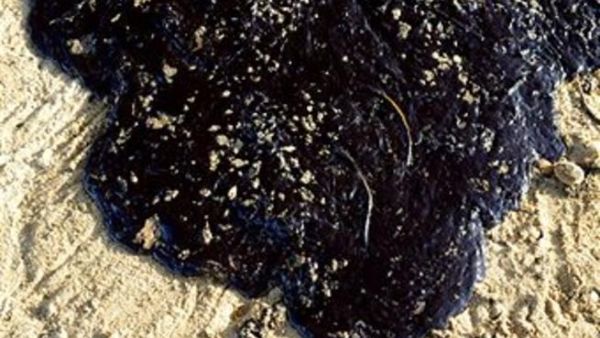Iran’s President Mahmoud Ahmadinejad said on Wednesday his country would become a major gasoline exporter by 2013, despite the West’s toughest ever sanctions on the Islamic state. Following a subsidy reform plan under which the government phased out hefty subsidies on essentials like food and fuel, Ahmadinejad said billions were saved by not importing gasoline. “We have started to export gasoline and hopefully by the next year we will become a major gasoline exporter,” he said in a speech during his provincial visit to eastern Varamin province, broadcast live by state television.
Iran has previously announced that it became self-sufficient in gasoline production. In April, trade sources said Iran had struck a deal to sell gasoline to Iraq but that the rare cargo did not mean the Islamic Republic had became a net exporter and free from its dependence on gasoline imports.
Shipping data obtained by Reuters in November showed Iran’s October gasoline imports rose over 21 percent to 63,279 barrels per day from 51,986 bpd in September. “Only on gasoline imports, we should have given $15 billion to others, while the money is now being used for construction,” Ahmadinejad said. His comments come on the first anniversary of the implementation of the subsidy plan which many analysts and politicians warned would stoke the inflation.
Iran’s inflation rate has risen by twice, to around 20 percent in December 2011, compared to the same period last year. The sanctions have targeted a vulnerability caused by Iran’s lack of refining capacity and many foreign companies have been forced to pull out from Iran’s energy sector.
U.S. sanctions punish companies that sell gasoline to Iran and EU measures ban the sale of equipment which can be used in Iran’s refining sector. Iran, the world’s fifth-largest oil producer, has estimated its reserves at 150 billion barrels of oil and 33 trillion cubic meters of gas.








